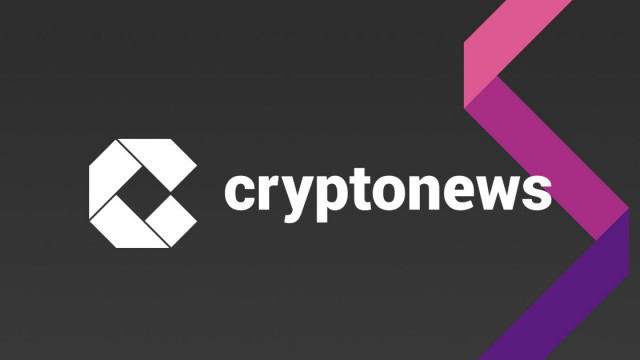
Australia is getting left behind in the global tokenization race, ASIC Chair
Summary
Tokenization Crossroads: Australia's Struggle to Keep Pace in the Global Crypto Race
In a stark warning, Joe Longo, the chair of the Australian Securities and Investments Commission (ASIC), has sounded the alarm on Australia's potential to fall behind in the rapidly evolving global tokenization landscape. This stark assessment highlights the crucial juncture Australia finds itself at, as the country grapples with the transformative potential of blockchain-based digital assets and the need to strike the right regulatory balance.
Tokenization, the process of representing real-world assets as digital tokens on a blockchain, has emerged as a transformative force in the global financial ecosystem. From fractionalized ownership of real estate to the tokenization of traditional securities, this technology is poised to redefine how assets are accessed, traded, and managed. However, Longo's comments suggest that Australia may be in danger of missing out on this pivotal shift, potentially jeopardizing its position as a leading financial hub.
The global tokenization race is well underway, with countries like the United States, Singapore, and Switzerland making significant strides in developing supportive regulatory frameworks and fostering thriving crypto and blockchain ecosystems. These nations have recognized the immense potential of tokenization to drive innovation, enhance liquidity, and democratize access to a wide range of asset classes. In contrast, Longo's warning highlights Australia's apparent struggle to keep pace, potentially hindering the country's ability to capitalize on this burgeoning opportunity.
Underlying this challenge is the delicate balance between fostering innovation and ensuring appropriate regulatory oversight. Longo's remarks suggest that ASIC is grappling with the complexities of striking the right regulatory tone, as the agency seeks to protect investors while also creating an environment conducive to the growth of the tokenization market. This fine line is a common challenge faced by policymakers and regulators worldwide, as they navigate the rapidly evolving crypto landscape.
The implications of Australia falling behind in the global tokenization race could be far-reaching. Domestic investors may miss out on the benefits of increased asset accessibility and liquidity, while the country's position as a financial hub could be threatened as global capital and talent gravitate towards more crypto-friendly jurisdictions. Moreover, the lack of a robust tokenization ecosystem could hamper the integration of blockchain-based solutions across various industries, limiting Australia's ability to harness the transformative potential of this technology.
To address this challenge, industry experts and policymakers in Australia must engage in a collaborative effort to develop a comprehensive and forward-looking regulatory framework. This could involve streamlining licensing requirements, providing regulatory clarity on the treatment of digital assets, and fostering a regulatory sandbox environment that allows for controlled experimentation and innovation. Additionally, strengthening partnerships between the public and private sectors, as well as international collaboration, could be crucial in ensuring that Australia remains competitive in the global tokenization race.
As the world races towards a tokenized future, Australia stands at a critical crossroads. Heeding the warning from ASIC's chair, the country must act swiftly to address the regulatory and market-related obstacles hindering its progress, lest it risk being left behind in the global tokenization revolution.





